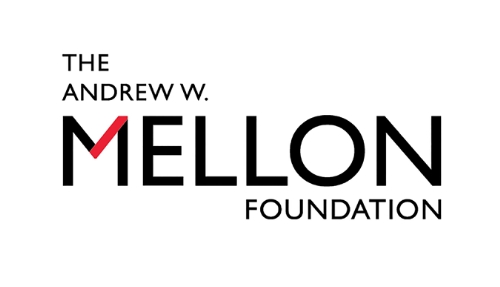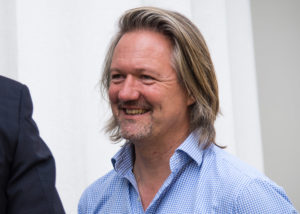UGA among four institutions in Mellon-funded consortium on environmental humanities


The Andrew W. Mellon Foundation has awarded a $150,000 two-year grant to pilot a consortium of four research institutions and their public partners to study coasts, climates and the environmental humanities. The Coasts, Climates, the Humanities, and the Environment Consortium (CCHEC) is a partnership of the University of Georgia, Louisiana State University, the University of Florida, and the University of North Carolina at Chapel Hill, as well as an alliance of regional stakeholders.
“The humanities are deeply connected to the University of Georgia’s commitment to coastal communities and marine research,” said Nicholas Allen, Abraham Baldwin Professor in Humanities and director of the Willson Center for Humanities and Arts at UGA, who is the principal investigator of the grant. “This collaboration will allow us to partner with other leading research institutions to think locally about challenges on a planetary scale in a new and exciting phase of humanities exploration.”
Research into the diversity and complexity of coastal zones and cultures through the medium of environmental humanities approaches is growing rapidly in the context of climate instability. CHECC engages the sea and land grant missions of its member institutions via two initial clusters: “Coasts, Archives and Climates” and “Coastal Futures and the Public Humanities.”
The two clusters will engage diverse community groups, students, and faculty in projects that study the environmental history and impacts of storms and tidal waters on a series of specific locations. Each cluster will integrate archival research with public engagement in order to create humanities-informed models of understanding for contemporary and emerging challenges.
“Science has alerted society to the slow-moving change that is unfolding around us,” said Craig E. Colten, Carl O. Sauer Professor in the department of geography and anthropology at Louisiana State University. “This consortium will address the complex roles of society and culture in responding. A diverse team of humanities scholars, whose institutions span the eastern seaboard and gulf coast, will explore the underlying social values and meanings of nature-society relationships and how they relate to our ability to confront environmental change.”
Members of CHECC will have their first meeting at the National Humanities Center on September 26, 2019. The meeting will conclude with a public conversation at 4 p.m. on “Coastal Thinking” between four leading environmental humanities scholars: Hester Blum of Penn State University, Margaret Cohen of Stanford University, Ryan Emmanuel of North Carolina State University, and Killian Quigley of the University of Sydney. Allen, of UGA, will chair the discussion.
“This opportunity to collaborate institutionally has the potential to transform individual partnerships into ongoing pipelines between our institutions and communities,” said Elizabeth Engelhardt, interim Senior Associate Dean for Fine Arts and Humanities and John Shelton Reed Distinguished Professor of Southern Studies in the College of Arts and Sciences at UNC-Chapel Hill. “Moreover, the issues we are discussing demand that we work to scale. The problems are large; our partnerships need to be equally ambitious. This effort promises to be.”
